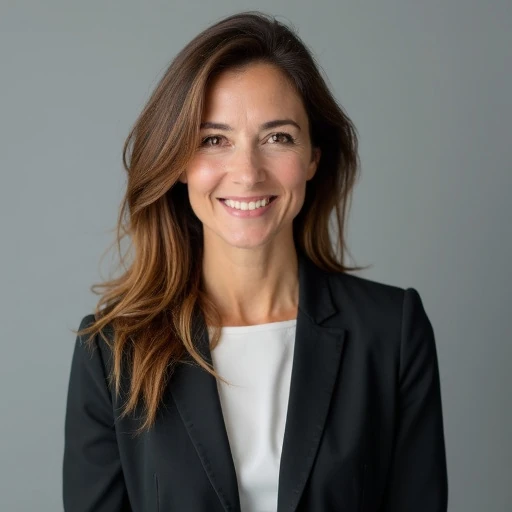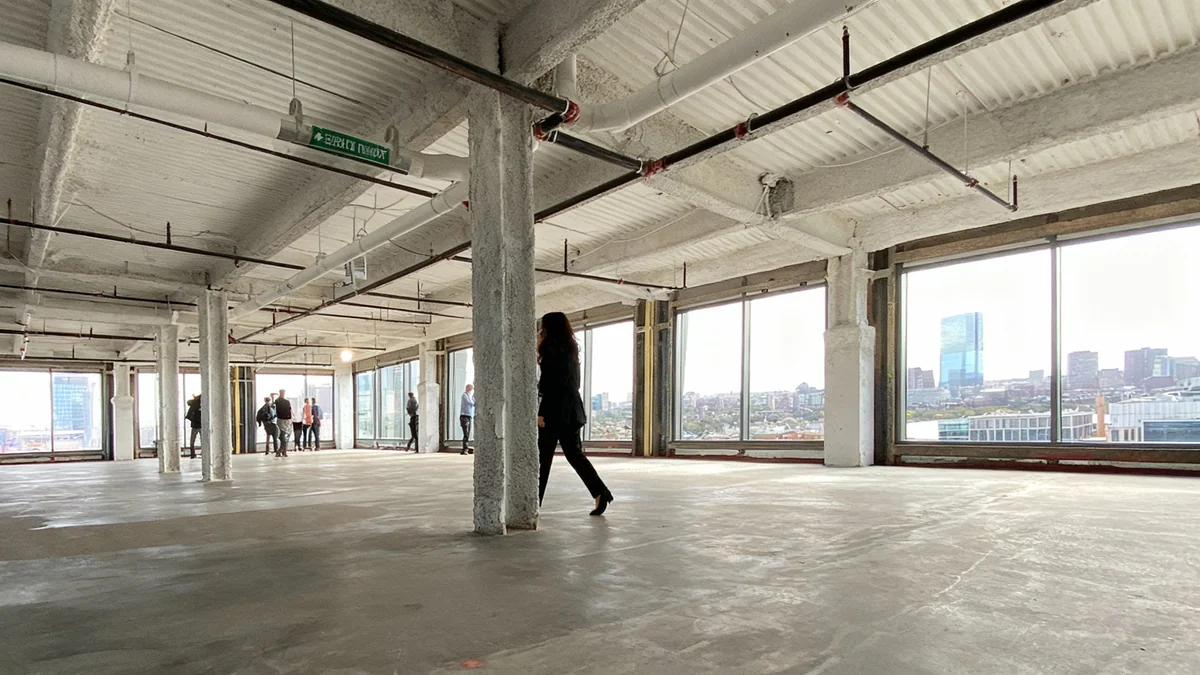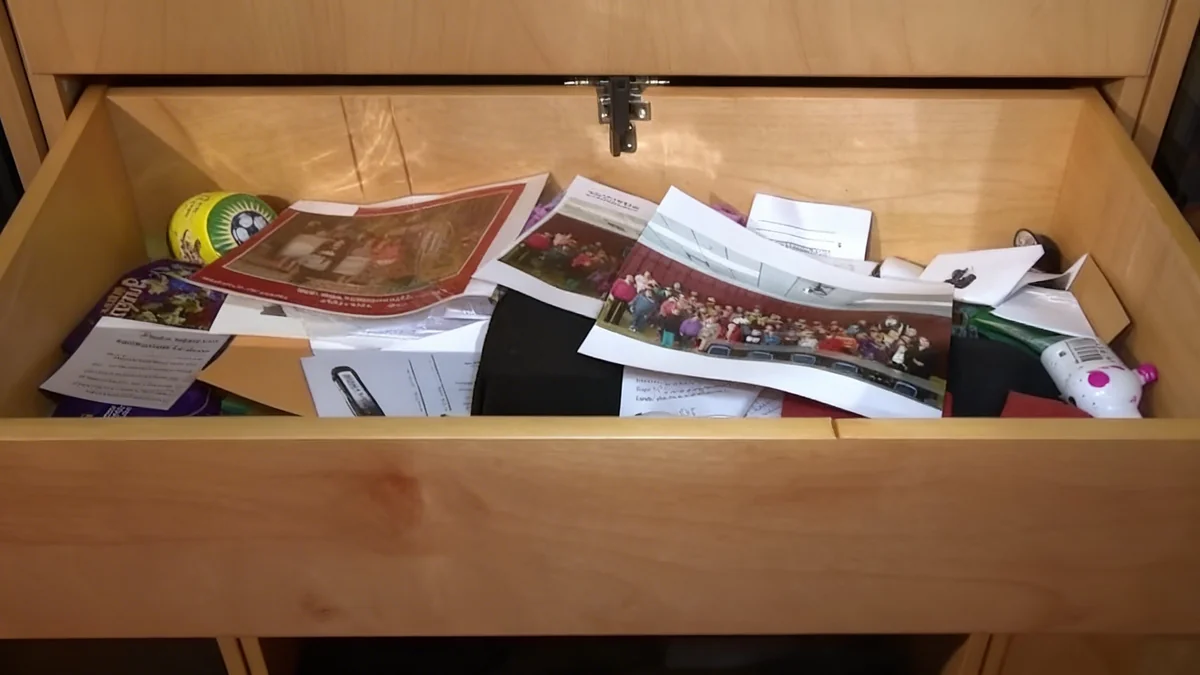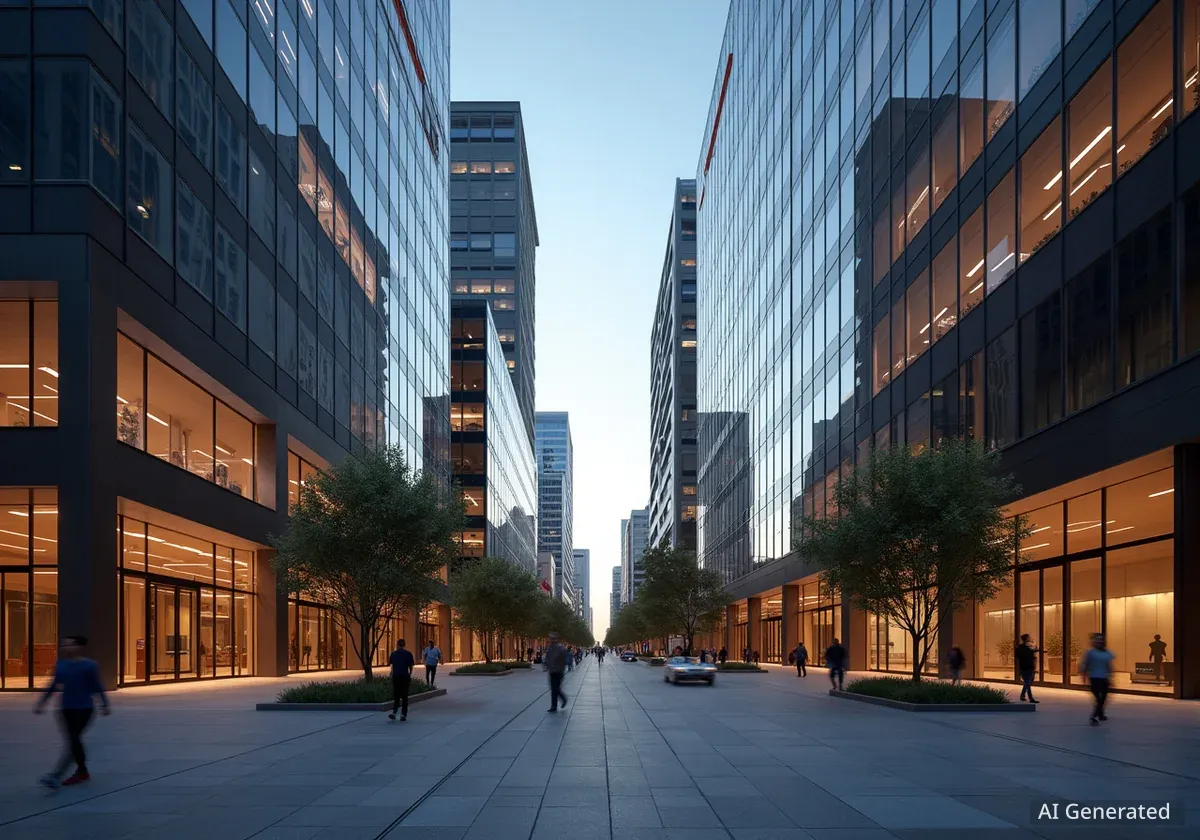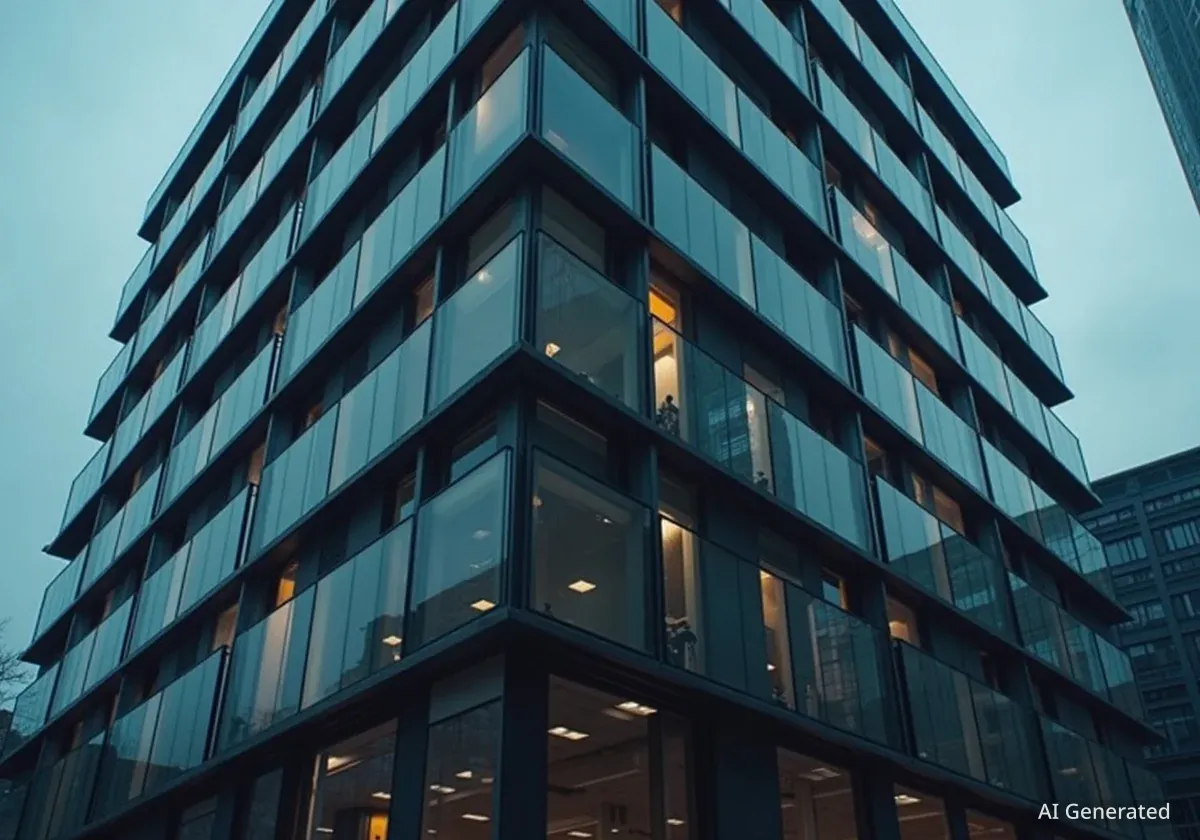Cambridge, a global hub for biotechnology, is facing an unprecedented challenge as nearly a quarter of its specialized laboratory space now sits empty. The vacancy rate has soared to 22%, a stark contrast to the near-zero availability seen just four years ago, signaling a significant market correction following a period of intense, pandemic-fueled growth.
This surplus, amounting to 4 million square feet of unused, state-of-the-art facilities, is the result of a development boom colliding with a slowdown in venture capital funding for early-stage life science companies. As a result, rental prices have fallen, and property owners are now navigating a landscape of economic uncertainty.
Key Takeaways
- Cambridge's lab space vacancy rate has jumped from 0.3% in 2021 to 22% today.
- Approximately 4 million square feet of advanced laboratory space is currently unoccupied.
- Average rental prices have decreased from $113 to $93 per square foot during the same period.
- The situation stems from a post-pandemic development surge combined with reduced funding for biotech startups.
From Scarcity to Surplus
In the third quarter of 2021, securing laboratory space in Cambridge was exceptionally difficult. The vacancy rate was a mere 0.3%, driving average rents to a peak of $113 per square foot. This high demand was largely fueled by the massive investments that poured into the biotech sector following the rapid development of COVID-19 vaccines.
Ben Bradford, head of external affairs at the Massachusetts Biotechnology Council (MassBio), explained that this investment surge triggered a construction boom. Real estate developers, seeing high returns, pivoted from traditional office projects to life science facilities. Many of these projects were developed speculatively, without tenants lined up in advance.
"That created an environment where it was right to develop and deliver…but as we’ve seen, a good portion of it was also developed speculatively," said Matt DeNoble, senior director of investment management for life science at Greystar.
Market Shift by the Numbers
- 2021 Vacancy Rate: 0.3%
- Current Vacancy Rate: 22%
- 2021 Average Rent: $113/sq ft
- Current Average Rent: $93/sq ft
The Funding Squeeze on Startups
The current market situation is compounded by a more cautious investment climate. The same companies that were backed by boom-time funding are now facing financial headwinds, leading some to downsize or close, adding to the vacant inventory. Simultaneously, new startups are finding it harder to secure the capital needed to grow.
Investors are showing a preference for late-stage companies that are more established and closer to generating revenue. This shift leaves early-stage firms, the lifeblood of Cambridge's innovation ecosystem, in a difficult position.
"Early-stage companies are what makes Massachusetts and Cambridge really special, and if they’re not getting funding, they’re not going to continue growing," Bradford noted.
This funding chill means young companies are delaying their expansion plans. Maggie O’Toole, CEO of the nonprofit incubator LabCentral, observed that startups are remaining in shared incubator spaces for longer periods. "They’re going to be much more inclined to stay in a space like ours as long as they can, until they’re certain that they’ve raised the level of money that enables them to move into one of the larger spaces," she said.
Real Estate Responds to New Realities
The glut of available space is forcing landlords and developers to adapt. David Townsend, executive managing director at Newmark, said that while some property owners are holding out for demand to rebound, others are taking more immediate action. These impatient partners are adjusting property values and lowering rents to attract the tenants that are in the market.
"You will see some of these buildings trade and sell at a discount to their former value," Townsend predicted. "That allows [new owners] to lease it out at lower rents, which I think, will be good for the ecosystem."
A Tenant's Market Emerges
With more options available, companies can now be more selective. According to Mark Fallon, director of research and strategy at Hunneman, tenants are favoring newly constructed, purpose-built laboratories over older office buildings that were converted for lab use during the boom. This trend has significantly slowed the pace of office-to-lab conversion projects.
This shift in preference leaves older, less ideal spaces at a higher risk of remaining vacant for extended periods.
An Opportunity for Innovation
The availability of space has created unexpected opportunities. LabCentral, for example, used some of its vacant area to launch an AI BioHub. This accelerator program is dedicated to startups at the intersection of artificial intelligence and biotechnology. "We would never have had the ability to do that before because our spaces were full all of the time," said O’Toole.
Cambridge's Path Forward
Despite the current challenges, industry experts and city officials remain optimistic about the long-term health of Cambridge's biotech sector. Fallon emphasized the cyclical nature of both the biotech and real estate industries. "I don’t think anyone’s ringing the death bell for biotech or life science," he stated. "The market isn’t gone, it’s just a timing issue."
City officials are actively working to navigate this "chilling off period." Melissa Peters, Cambridge’s assistant city manager for community development, affirmed the city's commitment to maintaining a diverse and healthy economic ecosystem. The city's Economic Opportunity and Development Division is working to assist businesses and help fill vacancies.
"[We] just need to be a little bit more proactive and innovative in coming up with how to ride that uncertainty," Peters said. The goal is to ensure Cambridge remains what she calls "the most innovative square mile on the planet," supporting ventures of all sizes, from startups to established biopharma giants.
